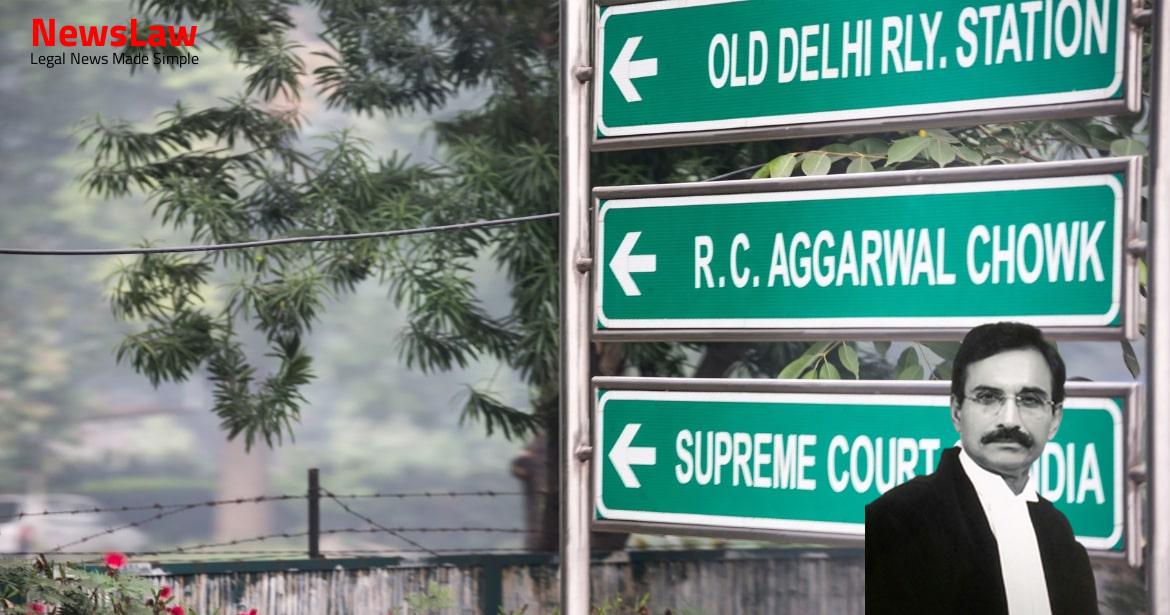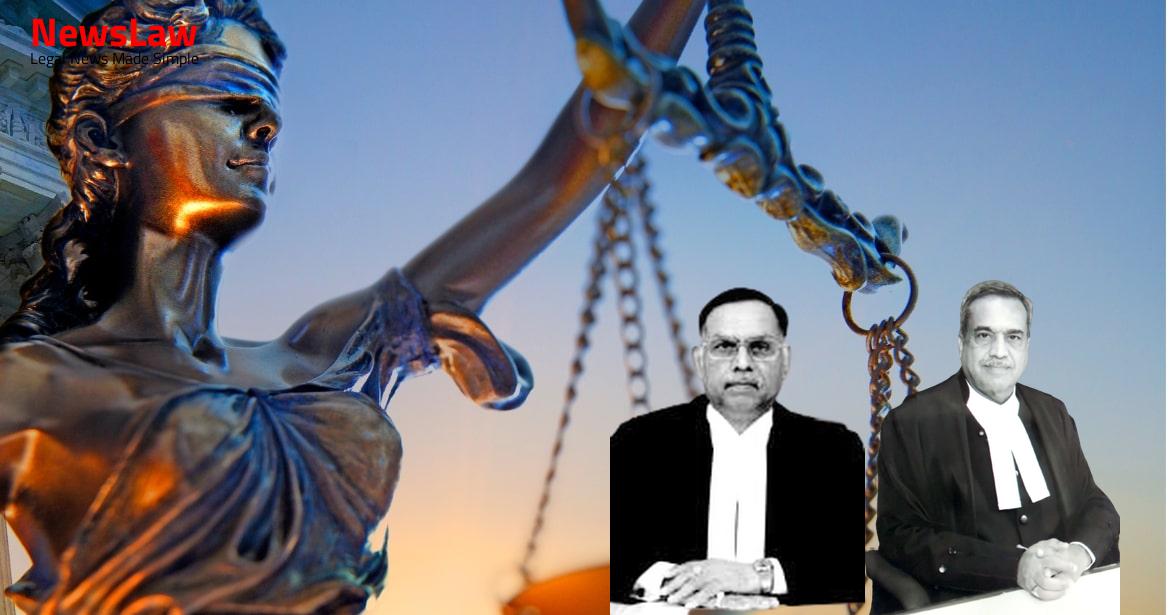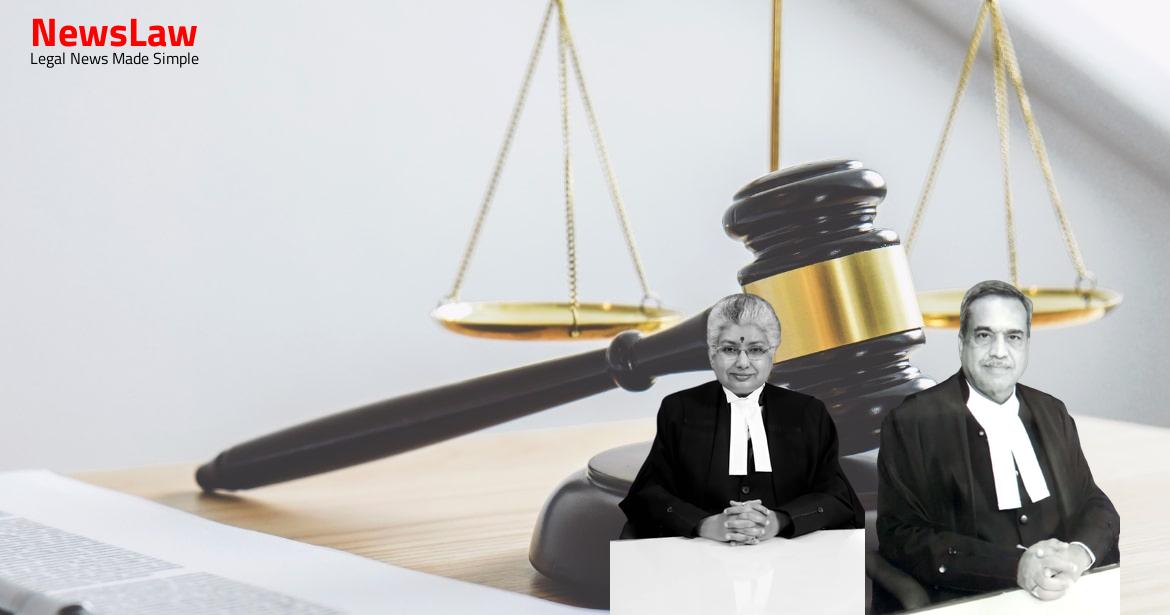In a recent legal case, the court delved into the interpretation of a bank guarantee clause within a radio license agreement, emphasizing the legal intricacies that govern such financial instruments. The court’s analysis focused on the specific conditions required for the invocation of the bank guarantee, providing clarity on the obligations and responsibilities outlined in the agreement. Let’s explore the key insights from the court’s decision in this complex legal matter.
Facts
- The Tribunal allowed the petition and declared the invocation of the bank guarantee by the appellant as illegal.
- Directed the appellants to return the bank guarantees to the respondent.
- The respondent was insisting on the payment of the balance 50% license fee for the first year, leading to the termination of the license agreement by the respondent on 28.08.2002, and surrendering the frequency.
- Only 5 companies in Delhi and 4 companies in Chennai signed an agreement for operationalization, while the respondent could not successfully operationalize the services like other licensees.
- The respondent obtained an interim order through a petition under Section 9 of the Arbitration and Conciliation Act, 1996.
- The appellant was allocated frequency 94.6 by the WPC on 29.12.2000.
- The respondent was granted a license to establish, maintain, and operate FM Radio Broadcasting Station within Delhi and Chennai on a non-exclusive basis for a period of 10 years.
- The effective date of the license period was from the date of issue of the WOL by WPC.
- The cost of co-location had to be borne by the 5 surviving bidders, originally meant to be shared by all 11 bidders.
- The respondent filed an arbitration petition before the High Court of Bombay seeking an injunction against the appellants from encashing the Bank Guarantee.
- The appellants argued that there was no error in invoking the bank guarantee clause due to the respondent’s failure to abide by the agreement terms regarding operationalizing the FM service.
- The court passed an interim order in favor of the respondent to keep the bank guarantee alive.
- The respondent referred to the policy on FM radio broadcasting services expansion in 2005 to explain the delays and absence of intentional delay in operationalization.
- The respondent argued that without the Wireless Operating License (WOL) issued by WPC, the license fee payment was not applicable.
- A meeting in 2001 waived the co-location requirement and required the private broadcasters to use Prasar Bharati’s infrastructure for transmitter co-location.
- The Ministry of Information and Broadcasting informed the respondent about a ‘Deemed Operational License’ which would mandate the first-year license fee payment.
- The Government of India extended time for broadcasters facing difficulties.
- The Tribunal concluded that the conditions justifying bank guarantee invocation were not met, as WOL was never issued.
- BECIL required six more months to set up the co-located infrastructure.
- Criticism was raised regarding the Tribunal’s order that the conditions specified in the tender document were not fulfilled regarding the bank guarantee.
- The licensee’s failure to deposit the license fee within seven days of the first year’s start led to the bank guarantee’s invocation by the appellants.
Also Read: Interest Compensation Dispute in Property Demolition Case
Arguments
- Mr. Joshi relied on the notice inviting tender document and the agreement between the parties.
- Non-compliance of the timelines fixed in the license was highlighted.
- Invocation of the license agreement was deemed premature as the performance stage had not yet arisen.
- Mr. Nachiketa Joshi represented the appellant, while Mr. Nikhil Majithia appeared for the respondent.
- Mr. Majithia argued that the delay in service operationalization was due to unforeseen circumstances.
Also Read: Legal Interpretation of Extension of Judicial Member’s Term
Analysis
- The license was granted for a period of 10 years from the date of issuance of the WOL by the WPC.
- Clause 9 of the tender document allows the encashment of the bank guarantee in specific situations like failure to deposit the license fee within 7 days of the beginning of each year.
- The bank guarantee provided by the respondent is a performance bank guarantee to ensure the due performance of the license agreement.
- The Tribunal correctly interpreted the clause related to the bank guarantee and found that the conditions for its invocation were not met.
- The bank guarantee can also be invoked if the licensee is declared insolvent or bankrupt, which is not the case here.
- The licensee did not commence operations, making the third condition for invoking the bank guarantee irrelevant.
- WOL was never issued by the WPC, and a Deemed Operational License was not part of the agreement.
- The court will not entertain the cross-objections of the respondent seeking a refund of advance license fee as this point was not argued before the Tribunal.
- Since the above point has been decided, there is no need for the court to address the other points raised by the respondent regarding the delay in operationalizing the services.
Also Read: Legal Analysis of Allegations of Illegal Mining
Decision
- The request to direct the appellants to refund the advance license fee and EMD is rejected.
- The judgment of the Tribunal is upheld.
- The appeals are dismissed.
Case Title: UNION OF INDIA Vs. MILLENIUM DELHI BROADCAST LLP (2022 INSC 497)
Case Number: C.A. No.-002332-002333 / 2008



